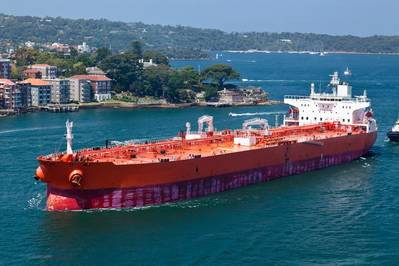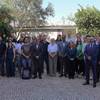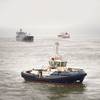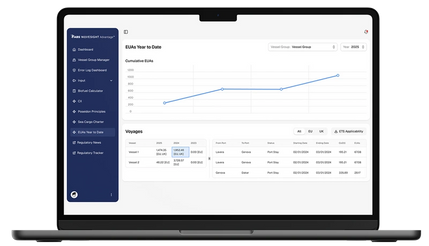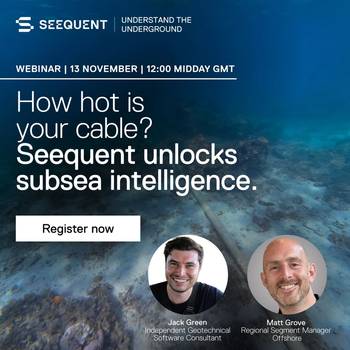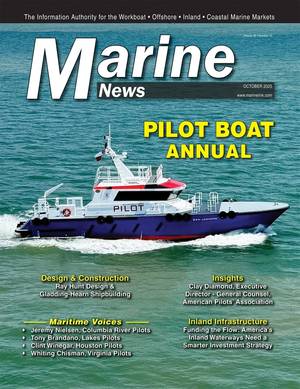OCIMF Replacing SIRE Tanker Inspection Program
The Oil Companies International Marine Forum (OCIMF) is currently developing an updated and enhanced version of its Ship Inspection Report Program (SIRE) tanker risk assessment tool, the ship inspection regime that has become central to supporting safety and best practice in the marine industry. The new regime, SIRE 2.0, will replace the current system from Q2 2022, delivering a more comprehensive inspection regime with enhanced tools, strengthened governance processes and more in-depth reporting outcomes, following a risk-based approach, the oil industry body said.
SIRE 2.0 inspections will be completed using an Ex-proof (IECEx) tablet device, allowing inspections and feedback to be reported and documented in real-time. An expanded question set covering core (critical requirements), rotational (ad-hoc), conditional (unique to vessel, operator or ship type) and campaign (a target area of concern) questions will be created for each vessel inspection. Every question in the inspection report will be assessed in relation to equipment, processes and human factors.
OCIMF said this approach will allow inspections to be completed more efficiently and enable ‘grades’ of reporting from positive to negative, providing more detailed marine assurance data for identifying and addressing root causes of deficiencies or problems onboard. Use of tablet devices will also enable Inspectors to submit photographic evidence to support findings and allow GPS tracking and auto-logging of inspection start and finish times. Enhanced governance processes will ensure greater transparency and control for OCIMF and other parties involved in the program, with stringent compliance requirements enhancing accountability, the association said.
Robert Drysdale, Managing Director, OCIMF, said, “Replacing SIRE with a new, improved and altogether more comprehensive SIRE 2.0 regime from next year will mark a significant change for industry – but this change will deliver tangible benefits by enhancing our ability to ensure safety and best practice across the global tanker fleet. SIRE has served industry well, improving standards of safety onboard, but with more sophisticated risk management tools and resources available, SIRE 2.0 will ensure that this crucial ship inspection program can continue to evolve in-step with the changing nature of risk in our industry.”
OCIMF said it has been working on this project to develop SIRE 2.0 since 2017. Three working groups responsible for governance, inspection and technology report to a steering group that is tasked with delivering the new program.
The SIRE 2.0 regime is expected to become operational from Q2 2022. Until then, the current SIRE program will continue to be updated and improved to incorporate the latest standards, best practice and regulations.
Sam Megwa, Programs Director, OCIMF, said, “The SIRE 2.0 program, processes, policies and procedures have now been developed, including the IT software that facilitates the new regime, and a program of trial inspections is currently underway. We recognize the significance of this change and have been working closely with the OCIMF membership, users of the existing SIRE program and Inspectors as well as industry partners and peers in developing the program. We have drawn upon their expertise and feedback to build a more robust, accurate and intelligent inspection process that will benefit all.
“There is still much work to be done and the coming months will be critical, but we have absolute confidence that SIRE 2.0 will transform the industry’s ability to protect people and the environment from harm. We look forward to continuing to work with our stakeholders to manage this change.”



